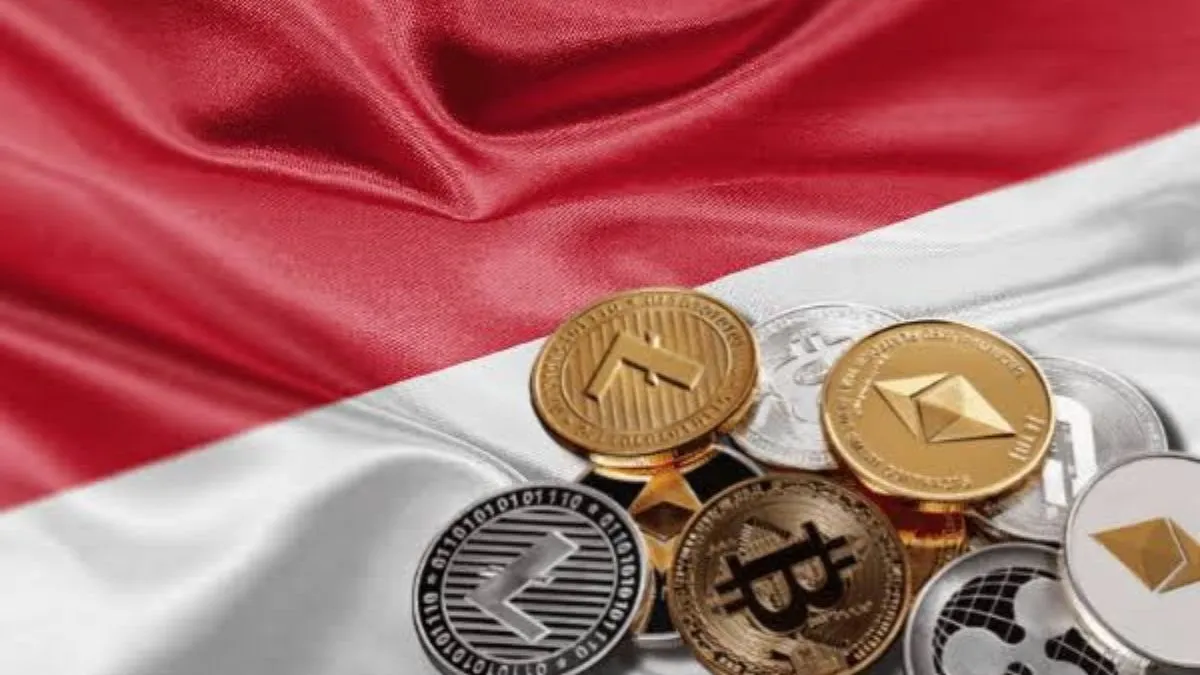Indonesia is aiming to leverage the economic potential of cryptocurrency while ensuring user protection through a strict licensing process. However, this regulatory approach has sparked concerns about market dominance and limited competition, according to Tuhu Nugraha, principal of the Indonesia Applied Digital Economy and Regulatory Network (IADERN).
Nugraha, who advises the Indonesian government, believes the country’s Physical Crypto Asset Trader (PFAK) license system, which permits organizations to trade and offer crypto services, may unintentionally foster a monopolistic or oligopolistic market structure.
Concerns Over Market Control and Innovation
As of now, only a handful of companies have been granted a PFAK license, raising concerns about limited consumer choice and stifled competition. Nugraha explains, “There is a risk that these players may dominate the market, limiting consumer choices and leading to higher transaction fees.” He fears that such concentration of power could restrict innovation and harm Indonesia’s broader crypto ecosystem.
On September 9, the Binance subsidiary Tokocrypto became the third company to secure a PFAK license from Indonesia’s Commodity Futures Trading Regulatory Agency (Bappebti). Tokocrypto CEO Yudhono Rawis emphasized this in his announcement, signaling that few companies currently meet the strict regulatory criteria.
Nugraha further noted that several exchanges are still waiting for approval, and the lengthy, complex registration process has delayed the entry of new players into the market. This situation, according to Nugraha, hinders the competitive landscape and discourages innovation in the Indonesian crypto space.
High Capital Requirements Pose Barriers to Smaller Players
Another challenge noted by Nugraha is the high capital requirements for obtaining a PFAK license. Smaller local exchanges find it difficult to meet the financial obligations necessary for entry, which restricts competition and limits the variety of services available in the market.
“The substantial financial commitments needed for these requirements limit the participation of smaller market players, leading to reduced competition and potentially hindering the diversification of services within the sector,” Nugraha said.
Regulatory Ambiguity Hampers Investment
Despite having a framework for regulating crypto, Indonesia’s crypto regulatory environment still lacks clarity in several areas, creating uncertainty for both market participants and investors. Nugraha warned that this regulatory ambiguity could deter further investment and slow down the sector’s development.
He concluded, “This ambiguity, coupled with ongoing regulatory developments, could deter further investment and impede the sector’s broader advancement.”
